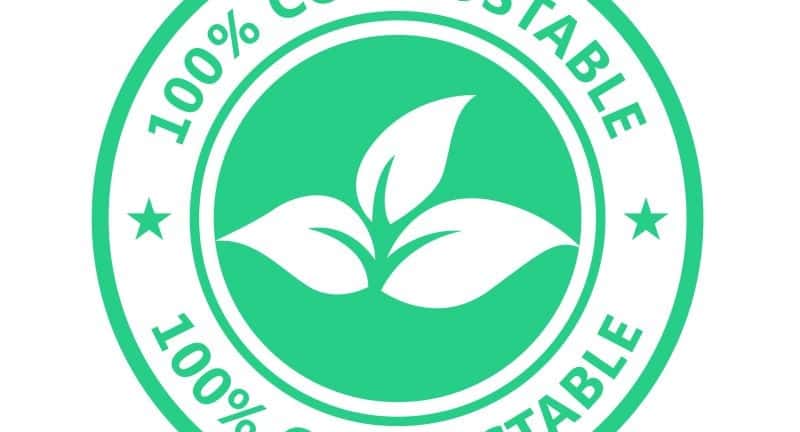Petrochemicals H2 Biodegradable Polyester 26-08-2021 - Arhive
Petrochemicals H2 Biodegradable Polyester
Crude Oil Prices Trend
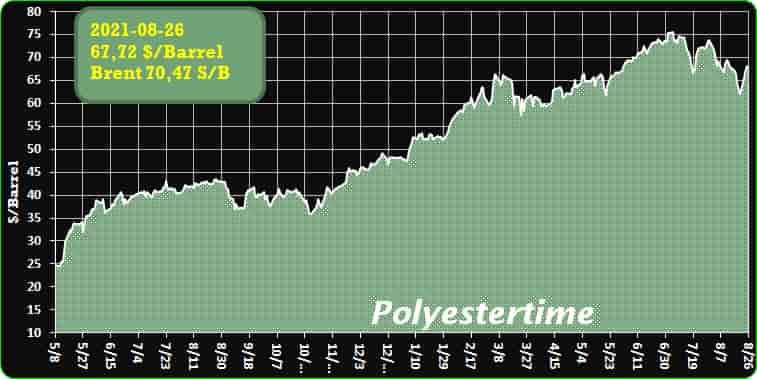
-MEG demand weakens but overseas supply tightness continues
MEG buying sentiment remains weak in China recently due to polyester output reduction. MEG prices have seen rebound this week on the back of rising oil prices, but the durability of persistent buying is hard to sustain. Spot-futures spread is only around 35-45yuan/mt.
Downstream mills are facing increasing inventory pressure as export orders have been put forward and export loadings are stagnated. In terms of domestic sales, most mills have not received new orders.
Polyester sales ratio remains weak on cautious buying and polyester product inventories stand high.
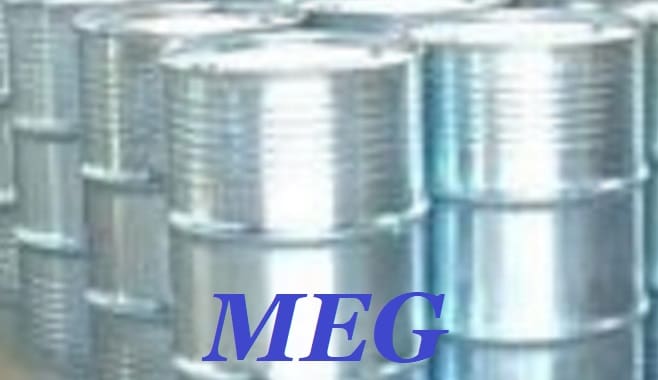
-‘Very disruptive’ direct solar-to-hydrogen commercially viable by 2030, says oil group Repsol
Spanish fossil player plans demo plant for converting PV power directly into green H2 without need for electrolysis as intermediate step
Oil & gas firm Repsol by 2024 plans to build a demonstrator plant at its Puertollano industrial complex in Spain for the production of renewable hydrogen by directly tapping solar energy, a process it claims could be commercially viable by the end of the decade. Petrochemicals H2 Biodegradable Polyester
The Spanish group said it is aiming for the novel technology – which doesn’t need the intermediate step of electrolysis crucial to other green H2 production methods – to reach “commercial maturity” by 2030. Repsol is developing the process, called photoelectrocatalysis, together with Spanish gas grid operator Enagas.
The demo plant is slated to occupy close to half a hectare and have a production of 100 kilogrammes of renewable H2 per day. It is planned to be followed by 2028 by the installation of an industrial-scale plant of about 60ha and with a production capacity of up to 10 tonnes of the green gas per day.
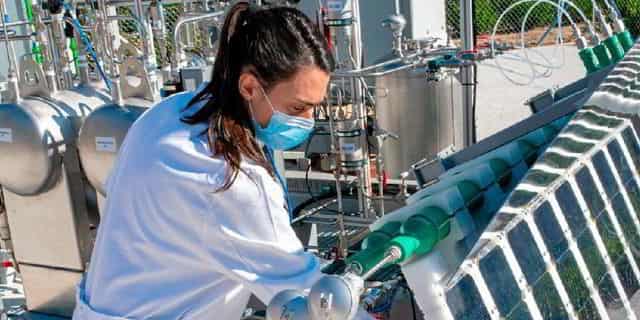
-Polyester with advanced biodegradation
ADVAterra, a biodegradable polyester fibre made from 100% recycled feedstock which can be degraded by microorganisms in biologically active environments, is being launched by Advansa. Petrochemicals H2 Biodegradable Polyester
The ADVAterra fibres originating from 100% post-consumer PET bottles are engineered via proprietary modifications to provide biodegradation capabilities without sacrificing the favourable mechanical properties of PET.
The new fibre is available as water dispersible short cut fibre for the paper and wetlaid nonwovens industies as well as staple fibre for drylaid nonwovens and tow for the flock industry in various finenesses and cut length combinations. It can be used in production across diverse end-use applications, even for applications with food contact. Petrochemicals H2 Biodegradable Polyester
Products made from ADVAterra have the same properties as conventional non-biodegradable standard fibres and can be processed just as easily, minimising environmental consequences without sacrificing quality and performance.
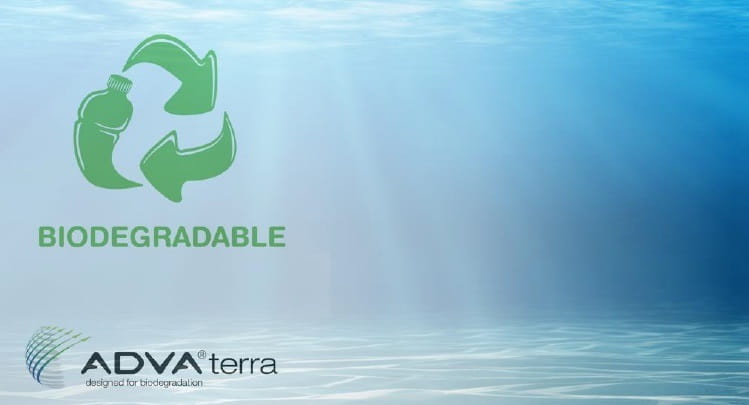
-Recycled PET flakes to remain firm in short
Recently, oil prices go weakening, and polyester feedstock prices have been constantly decreasing. PET fiber chip prices also fall down evidently, with semi-dull chips down from 6,700-6,800yuan/mt to 6,250-6,350yuan/mt, ex-works or short-distance delivered. Petrochemicals H2 Biodegradable Polyester
For PET flake market, prices of hot washed blue and white flakes in Zhejiang and Jiangsu are little altered, with the mainstream trading prices still at 5,000-5,200yuan/mt delivered, higher at 5,300yuan/mt. Market supply is not large, and orders for suppliers are moderate, with small selling pressure.
Compared with the PET fiber chip, the price spread remains at above 1,000yuan/mt. The decline of PET fiber chip prices has little impact on PET flake prices. For the major consumer, HC re-PSF plants, the prices of HC re-PSF are mainly at 6,400-6,500yuan/mt, and the price spread with PET flakes is about 1,100-1,500yuan/mt based on hot washed blue and white flakes. Currently, some re-PSF plants purchase cold washed blue and white flakes, with the prices at 4,200-4,300yuan/mt, then the actual profitability can improve. Besides, some plants directly purchase bottle bales and then process, so the profitability will be better.
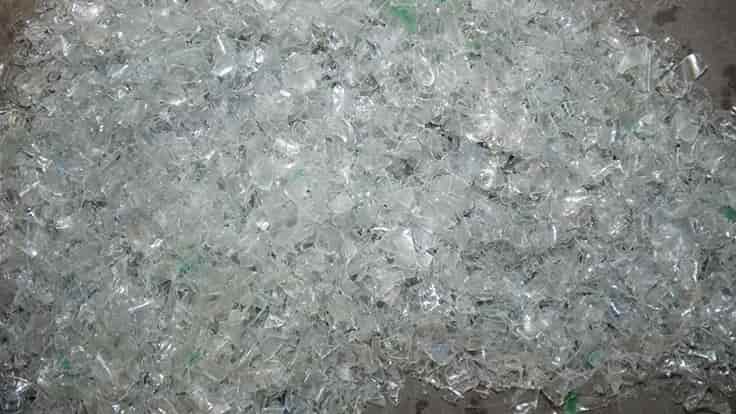
-A scalable process for the chemical recycling of PET using ionic organocatalysts
Professor Joe Wood of the School of Chemical Engineering has teamed up with Professor Andrew Dove of the School of Chemistry to study the chemical recycling of polyethylene terephthalate (PET), with the award of a new grant of £1.17 million from EPSRC. Petrochemicals H2 Biodegradable Polyester
There is an urgent need to devise processes for recycling plastics, with an estimated total of 8,300 million metric tonnes of plastics produced to date, of which less than 10% have been recycled overall.
The end fate of polymers can include landfill, burning which contributes to CO2 production, global warming, and discarding into the environment, including rivers and oceans.
Of the materials which are recycled, mechanical or thermal recycling techniques typically produce a lower grade of polymer which can be used in applications such as clothing, insulation, garden and road furniture for example, and also has inferior properties (e.g. colour and mechanical specification) and value compared with virgin polymers. Chemical recycling has the advantage of breaking down the polymer to produce virgin monomer, which can be recycled to new products as part of the Circular Economy.
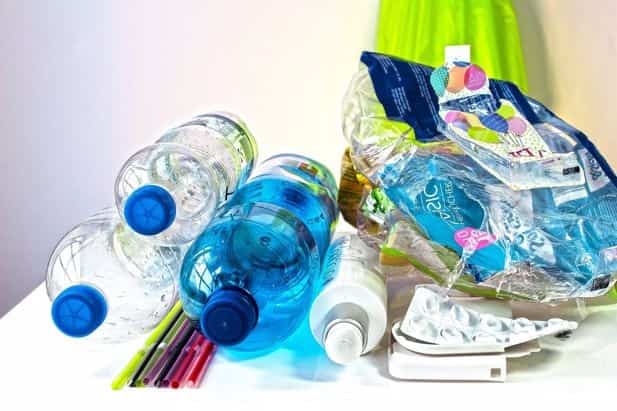
-Carpet America Recovery Effort conference to go ahead virtually
CARE event takes place online August 31 to September 1
In recognition of the current pandemic situation and to ensure the health of stakeholders, the 19th Carpet America Recovery Effort (CARE) Annual Conference on August 31-September 1, formerly set to be held in Minneapolis, will be a completely virtual event. Petrochemicals H2 Biodegradable Polyester
According to CARE Executive Director Bob Peoples, the theme of the Conference, Carpet Recycling: Forward Together, reflects an industry that has come through the financial and social pain caused by the pandemic, but which is ready to collaborate and grow the carpet recycling ecosystem.
“We had such high hopes for the18th Conference in 2020; it had the theme “Carpet Recycling Comes of Age,” notes Peoples. “We have lost more than a year due to Covid-19. However, we are pleased that our California COVID Action Plan supported recyclers in their time of need. Now our stakeholders are focused on tackling the challenges of a recovering industry with innovation and creativity.”
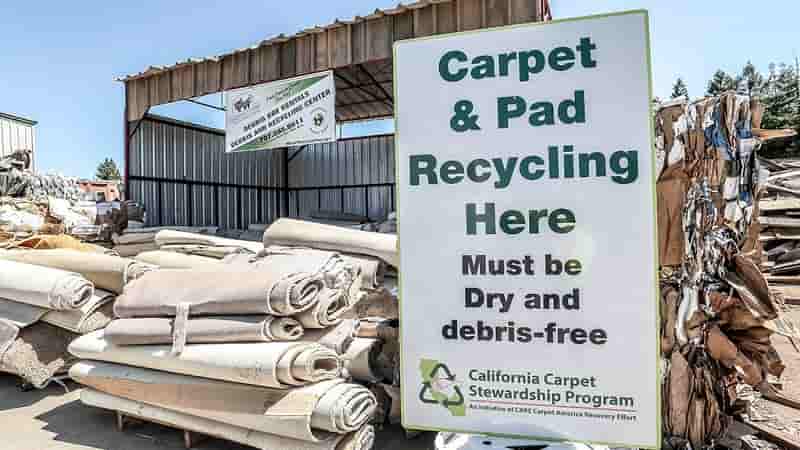
-New materials, new opportunities
As a technology partner in various areas of the plastics and packaging industry, KIEFEL GmbH now supports its customers in the development of biodegradable materials and products. Petrochemicals H2 Biodegradable Polyester
With Fiber Thermoforming, KIEFEL has opened a complementary field of technology utilising natural fibres, incorporating decades of knowhow from plastics processing into the development of the Fiber Thermoforming machines.
In addition to classic recyclable plastics, the company can now process fibre-based, recycled and bio-based materials. Virgin fibres (unprocessed cellulose) can be used to comply with food industry regulations for packaging solutions, meaning KIEFEL can provide the optimal product development and production technology, regardless of the material.
The raw material for fibre products is pulp or paper dissolved in water. This is shaped, pressed, dried and converted into dimensionally stable packaging that can be recycled or composted. Depending on the application, they offer an alternative made from renewable raw materials, with a low CO2 footprint. The Fiber Thermoforming process enables high-quality products with perfect rims and geometry tolerances similar to plastics.
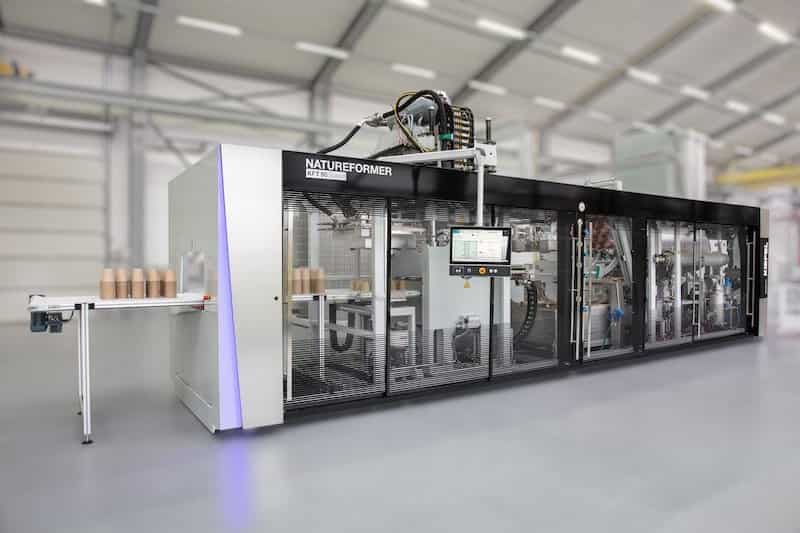
-Berry’s bpi opens UK’s first wash plant & recycling site for flexibles & rigid plastics
Berry bpi has recently installed the first wash plant and recycling facility in the UK that is able to recycle both flexible and rigid plastics.
The new operation at Berry’s Heanor, Derbyshire factory, co-funded by WRAP, will increase the company’s recycling capacity by approximately 1,200 tonnes per year.
Sourcing material from both household and industrial waste and utilising an advanced purification process, the plant produces high quality and consistent recyclate that can be used in a variety of industrial and consumer rigid and flexible applications such as storage boxes and collation shrink films. Petrochemicals H2 Biodegradable Polyester
Additionally, all water used during the recycling process is recirculated and reused, reducing overall water consumption. In addition, waste from the process is sent to a waste to energy plant in nearby Nottingham.
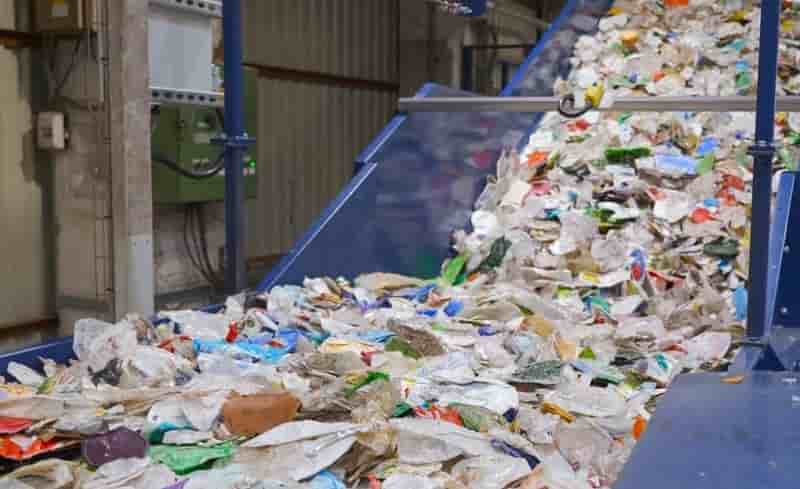
-kpNext™ – Klöckner Pentaplast launches its new recylable PET blister film
Klöckner Pentaplast (kp), a leading global manufacturer of high barrier protective packaging solutions with industry-leading use of recycled content material, has launched kpNext, its first-to-market innovation in recyclable PET blister films. kpNext is the only PET recyclable blister that is completely compatible on pharmaceutical manufacturing form, fill and seal equipment.
kp has a rich history of innovative pharmaceutical blister packaging solutions and kpNextׄ is the next step of that evolution. Not only is kpNext the only PET film designed to be a recyclable blister package, but it does not come at the expense of the manufacturing process. Pharmaceutical companies and converters can utilise kpNext on their existing form, fill and seal lines with no loss of line speed or a need to retool. It truly is the best of both worlds, a sustainable yet functional solution.
From consumers to global brands to governments, the demand for recyclable packaging has never been higher. kpNext answers those calls. It is produced from a globally recyclable material and is designed to be recycled in the RIC (resin identification code) #1 PET stream. Petrochemicals H2 Biodegradable Polyester
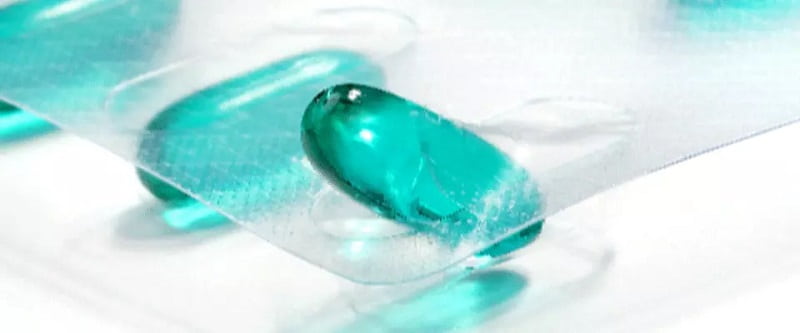
-Compostable plastics are getting more sustainable but are still no cure-all
Certified compostable bioplastics are doing their share to alleviate plastic pollution, but they can’t be depended upon to reverse the plastic crisis on their own.
Companies have been increasingly investing in compostable plastics in a bid to curb global plastic pollution.
Some 125 brands and corporations (including L’Oreal, PepsiCo, Mars and The Coca Cola Company) have pledged to work towards ‘100% reusable, recyclable or compostable plastic packaging by 2025’ according to goals set out by the Ellen McArthur Foundation. Petrochemicals H2 Biodegradable Polyester
Compostable plastics refer to a subset of biodegradable plastics that break down into their natural components without leaving behind toxic residue. Technically, all plastics can break down-the only difference is the time frame and the conditions needed. Both biodegradable and compostable plastics break down under natural biological processes, but compostable plastics also produce carbon dioxide, water, inorganic compounds and biomass that can be directly beneficial to the environment.
On this account, there has been some confusion over brands using the terms ‘compostable’ and ‘biodegradable’ interchangeably.
